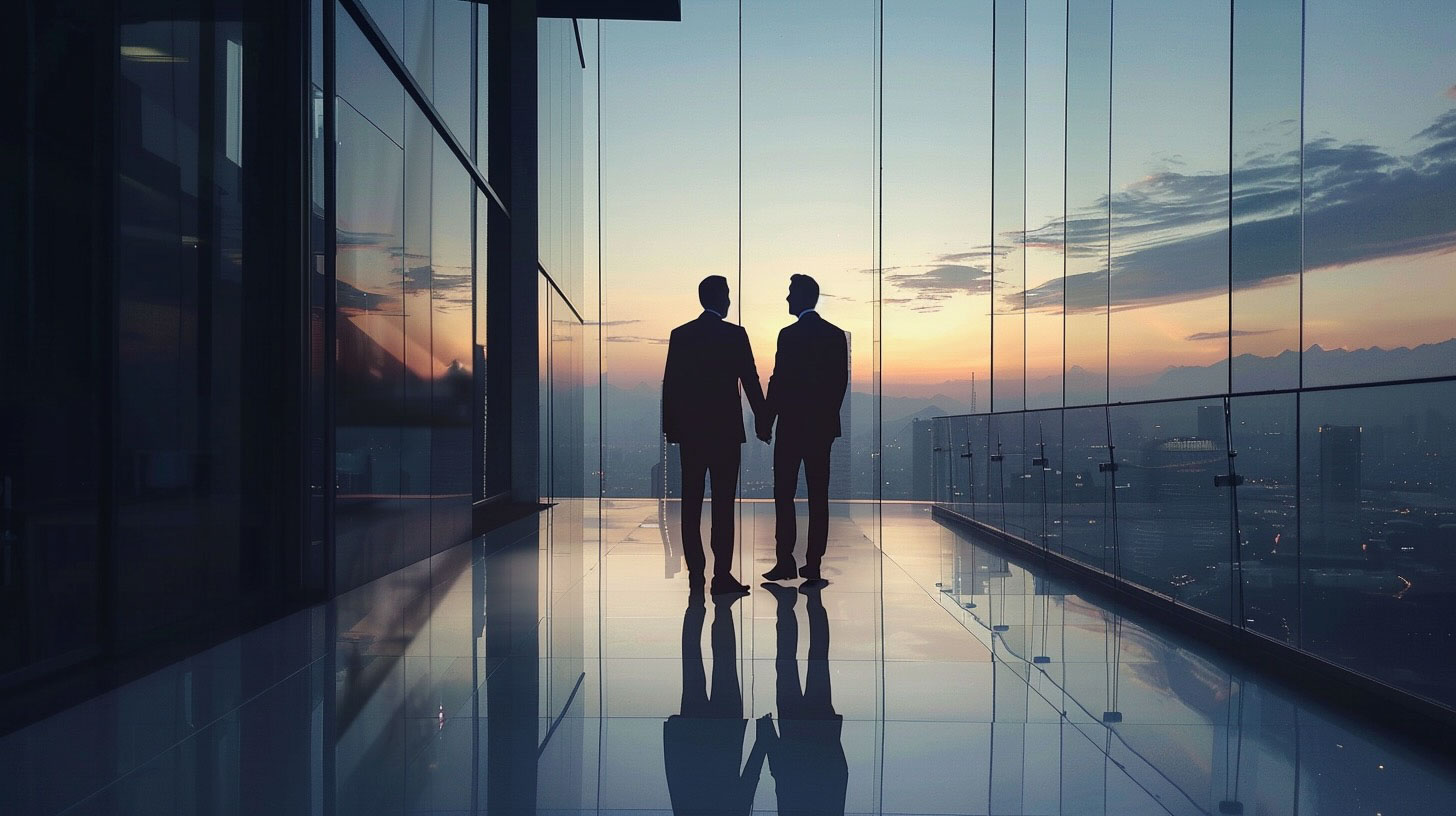North Korea, officially known as the Democratic People’s Republic of Korea (DPRK), is a nation steeped in a complex and often opaque legal and political system. The country operates under a unique blend of Juche ideology, described as self-reliance, and strict socialist principles. For both domestic and international observers, understanding the law in North Korea presents numerous challenges due to its isolation and the secretive nature of its governance.
Legal System
The North Korean legal system is characterized by its basis in Soviet civil law principles, infused with Juche ideology, which prioritizes the guidance and decisions of the ruling party and its leader. The supreme law of the land is the Socialist Constitution, which was last amended in April 2019. This document grants enormous power to the leader, currently Kim Jong-un, who is deemed the ultimate authority in all matters.
The judicial system in North Korea is not independent. All judges and prosecutors are members of the Workers’ Party of Korea (WPK) and are appointed by the party. The legal framework is designed to reinforce the political control of the WPK and ensure conformity to the state’s ideologies and directives. Trials, especially for political crimes, often lack transparency and are criticized internationally for failing to meet basic standards of due process and fairness.
Criminal Law
Criminal law in North Korea is notably harsh. The penal code stipulates severe penalties, including the death sentence, for a wide range of offenses. Crimes against the state, such as treason, espionage, and defection, can result in capital punishment or lifelong imprisonment in brutal labor camps known as kwanliso. Lesser offenses, including minor theft or anti-social behavior, may also lead to severe punishments, including forced labor and imprisonment.
Human Rights and Civil Liberties
North Korea’s legal system has been subject to widespread criticism for its poor human rights record. Organizations such as Amnesty International and Human Rights Watch have documented numerous human rights violations. These include suppression of freedom of speech, assembly, and religion. Reports frequently highlight the existence of political prison camps where detainees suffer from forced labor, torture, and inhumane living conditions.
Business Environment
The business environment in North Korea is heavily state-controlled and is among the most restrictive in the world. All major industries are owned and operated by the state. However, there have been some indications of market-oriented reforms in recent years, particularly since Kim Jong-un came to power.
Private enterprise remains illegal, yet informal markets known as “jangmadang” have emerged as essential components of the economy. These markets often operate in a gray area, tolerated by the authorities to different extents, providing goods that are otherwise unavailable through state channels.
Foreign Investment
North Korea has established several Special Economic Zones (SEZs) to attract foreign investment. These zones offer more relaxed economic regulations and are designed to foster external trade and investment. Notable examples include the Rason Special Economic Zone and the Kaesong Industrial Region, the latter being a joint economic cooperation with South Korea.
Despite these initiatives, doing business in North Korea remains fraught with risk. The unpredictability of government policies, combined with international sanctions imposed due to North Korea’s nuclear program, act as significant deterrents for foreign investors. Any foreign enterprise must navigate a labyrinth of bureaucratic procedures, political sensitivities, and potential legal pitfalls.
Conclusion
Understanding the law and business environment in North Korea is essential for grasping the broader socio-political landscape of the country. Despite some signs of economic reforms, the nation remains one of the most secretive and rigidly controlled societies in the world. The intertwining of law with the autocratic rule and the emphasis on ideology over international norms present unique challenges for both legal scholars and potential business investors. Nonetheless, North Korea’s evolving landscape continues to be a focal point of international interest and dialogue.
Certainly! Below are suggested related links about The Law and Business Environment of North Korea:
Related Links:
HRNK – Committee for Human Rights in North Korea
Center for Strategic & International Studies (CSIS)
Council on Foreign Relations (CFR)
These links should direct you to resources that provide comprehensive information about North Korea’s law and business environment.
